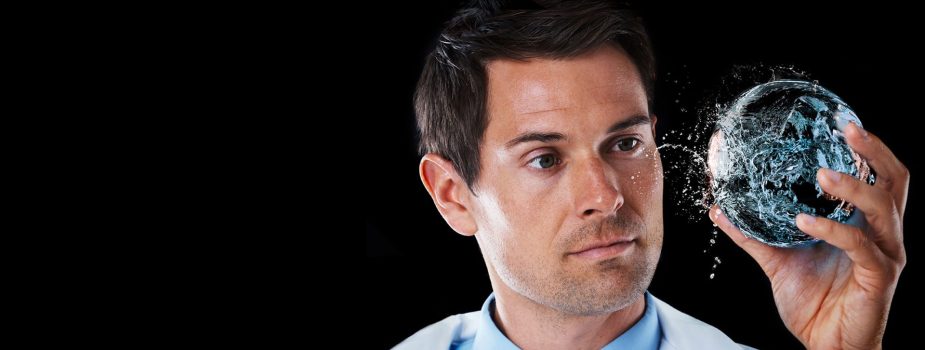How is water purification used in the industrial sector?
Carbon filters in clean drinking water – Carbon filters are used to remove chlorine and organic compounds from water. The benefit of these filters is that they improve the taste of the water, as well as removing the ‘chemical taint’ smell which can come with raw water or water previously used in some industrial processes. It tends to be a polisher treatment at the end of a water filtration chain. It’s ability to remove contaminants from the water is dependent on how long the water makes contact with the filter. Raw water filtration through a carbon filter is a catalytic process where the filter activates the de-chlorination process as opposed to directly catching the chlorine particles themselves.
Reverse Osmosis – Reverse osmosis involves water being passed through a semipermeable membrane. This removes unwanted ions and larger molecules from the water. Many industries use a form of reverse osmosis. For example the hotel and catering industry can use a reverse osmosis system to purify the water that is being used to wash dishes. This provides spotless dishes suited to this industry. Reverse osmosis can also be used in glass factories to provide cleaning of much bigger pieces of glass. As well as making any water used in the whole glass making process pure and free from any contaminants. Reverse osmosis can be used across many different industries where water needs to be as pure as possible. For example, in the healthcare industry it is vital that water is both soft from water softening processes and has been through reverse osmosis. With water humidifiers that purify the air in hospitals, having contaminants in the water that they use can be dangerous. This is because breathing in the water’s contaminants can lead to a higher risk of infection as the lungs are more susceptible to viruses than the stomach.
Water Softening – Water softening is vital when it comes to industrial machinery, as harsher water which has not been treated can lead to the wearing down of components and generally can cause more damage to vital machinery. Having contaminants such as calcium and magnesium in water systems can lead to this damage, so they need to be removed effectively. A resin bed is created which will attract the calcium and magnesium particles as the water passes through the resin bed. This softens the water which makes it more suitable for use in various industrial practices. For example, in the pharmaceutical industry water that is used to clean instruments and various processes for producing medication would need to be softened first. Water softening is also used in the home to protect appliances such as dishwashers, washing machines and taps and sinks.
To sum up the answer to the question: what is water purification in industry? The answer is any process that ‘purifies’ or removes various contaminants from water to make it more suitable for various industrial processes.
If you are looking for top quality products to improve your industrial water purification processes then look no further than Lubron. We offer a range of reverse osmosis and water softening machinery for any industry’s needs. Contact us today to find out more.


